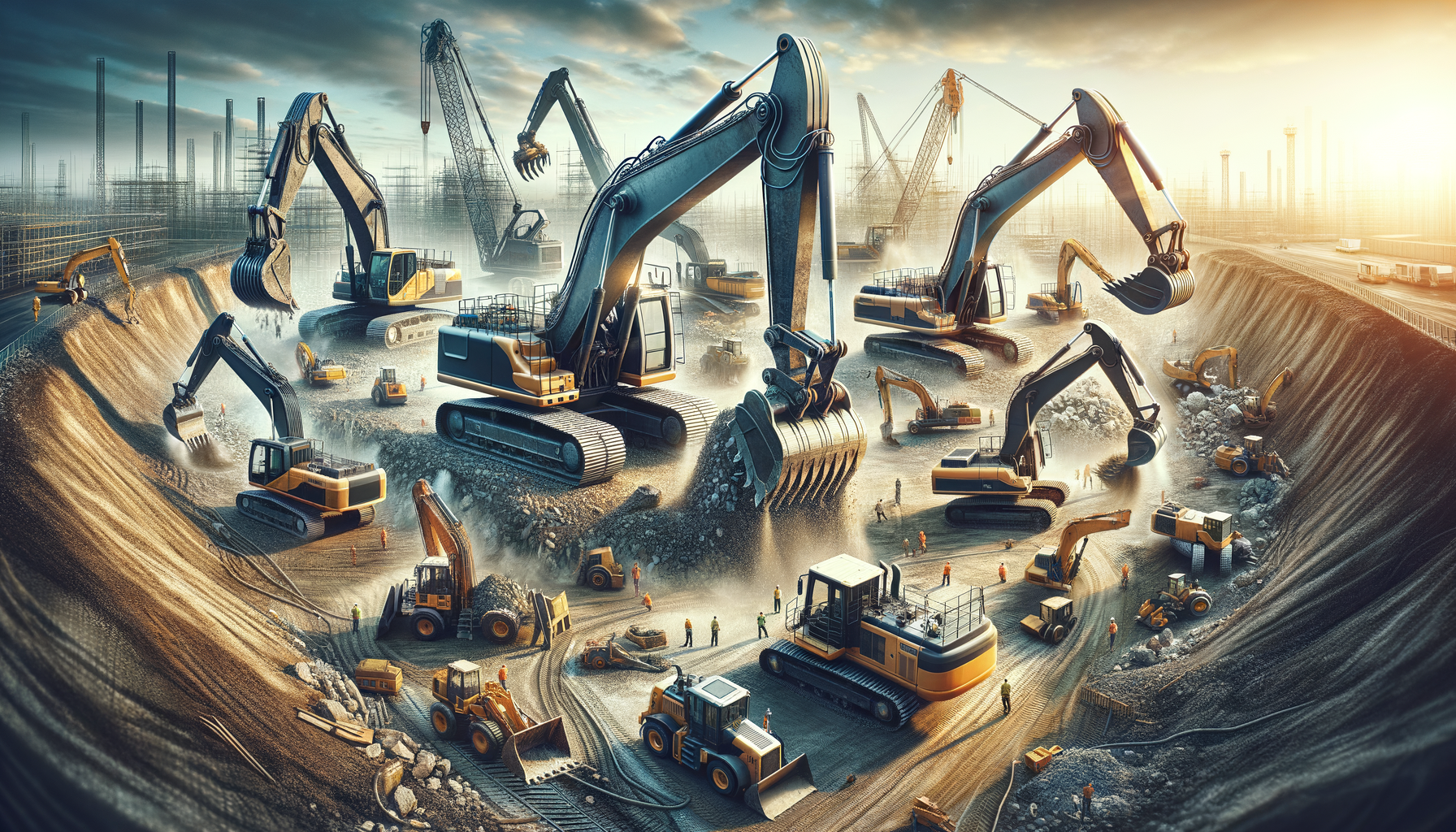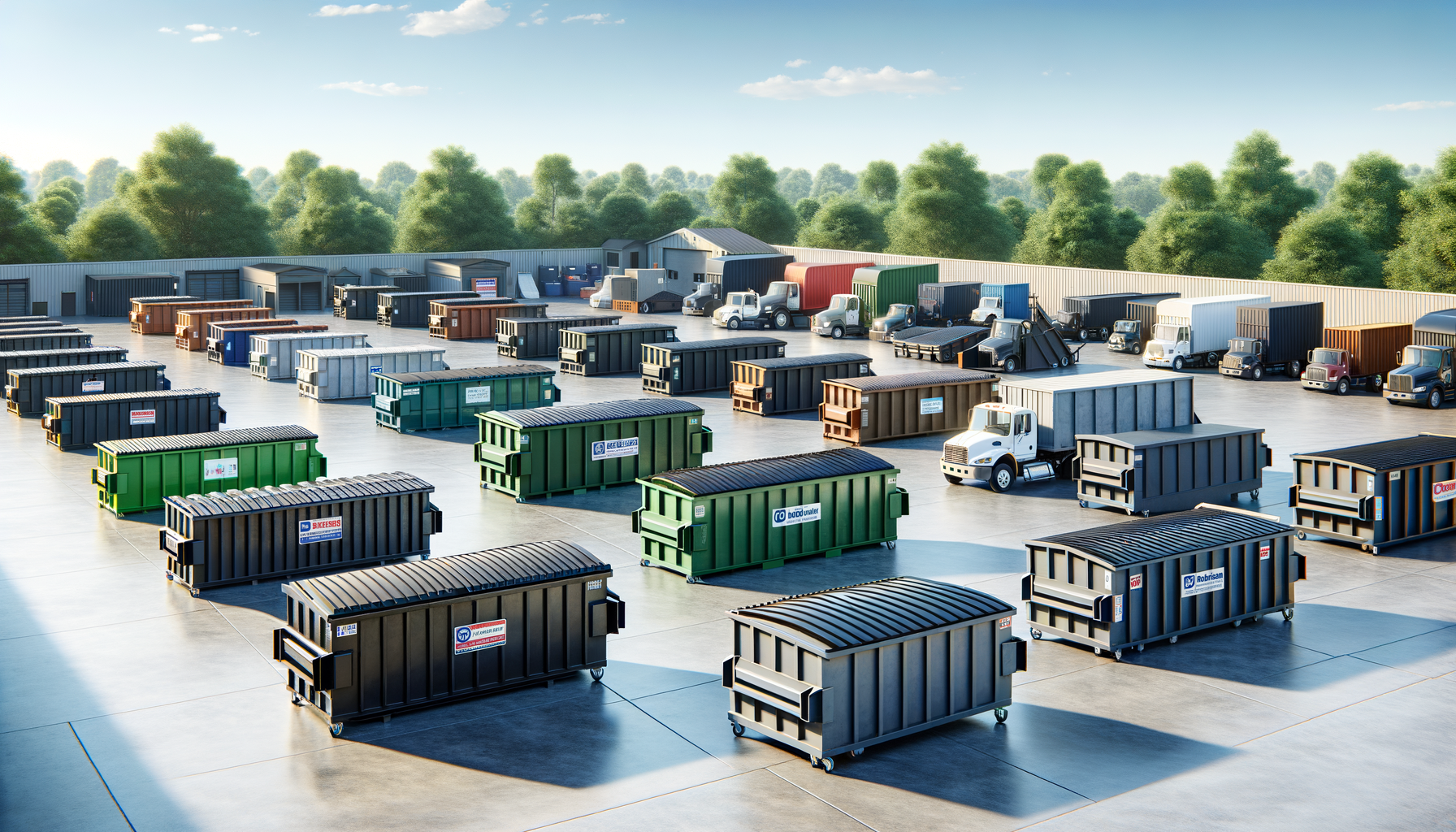Introduction to Excavators
Excavators are powerful machines that have become indispensable in various industries such as construction, landscaping, and demolition. These versatile machines are designed to dig, lift, and move large amounts of material efficiently. The significance of excavators in modern infrastructure development cannot be overstated, as they play a crucial role in projects ranging from road construction to building foundations. Understanding the different types of excavators, their uses, and cost implications can help businesses and individuals make informed decisions when acquiring or renting these machines.
Types of Excavators
Excavators come in various types, each designed for specific tasks and environments. The most common types include:
- Crawler Excavators: Equipped with tracks instead of wheels, these machines are ideal for uneven terrain and heavy-duty tasks.
- Wheeled Excavators: These are more mobile and suitable for urban environments where speed and maneuverability are crucial.
- Mini Excavators: Compact and versatile, mini excavators are perfect for small-scale projects and tight spaces.
- Long Reach Excavators: Designed for tasks that require extended reach, such as dredging or demolition.
Each type of excavator offers unique advantages, and the choice depends on the specific needs of the project. For instance, crawler excavators are favored for their stability and power, while wheeled excavators are appreciated for their speed and ease of transport.
Applications of Excavators
Excavators are used in a wide range of applications due to their versatility and power. Some of the primary uses include:
- Construction: Excavators are essential for digging foundations, trenches, and holes, as well as lifting and placing heavy materials.
- Demolition: Equipped with specialized attachments, excavators can efficiently demolish structures and clear debris.
- Landscaping: These machines are used to shape the land, remove trees, and prepare sites for development.
- Mining: In mining operations, excavators are used to remove overburden and extract valuable minerals.
The adaptability of excavators makes them a valuable asset in any project, allowing for a wide range of tasks to be completed efficiently and effectively.
Cost Considerations: Buying vs. Renting
When it comes to acquiring an excavator, businesses and individuals must decide between buying and renting. Each option has its own set of advantages and considerations:
- Buying: Purchasing an excavator is a significant investment, with prices ranging from €30,000 to €250,000, depending on the model and specifications. Ownership provides the advantage of having the machine available at all times, but also comes with maintenance and storage costs.
- Renting: Renting offers flexibility and is ideal for short-term projects or when the machine is needed infrequently. Rental costs vary based on the size and duration, typically ranging from €200 to €1,500 per day. Renting eliminates the need for maintenance and storage, making it a cost-effective solution for many.
The decision to buy or rent depends on the frequency of use, budget constraints, and long-term project plans. Evaluating these factors can help determine the most economical choice.
Conclusion: Making Informed Decisions
Understanding the various aspects of excavators, from their types and applications to cost considerations, is crucial for making informed decisions. Whether opting to buy or rent, knowing the specific needs of your project and the capabilities of different excavator types will ensure that you choose the right machine for the job. As these machines continue to evolve with technological advancements, staying informed about the latest developments can provide a competitive edge in the industry. Ultimately, the right excavator can enhance efficiency, productivity, and safety on any job site.



Leave a Reply